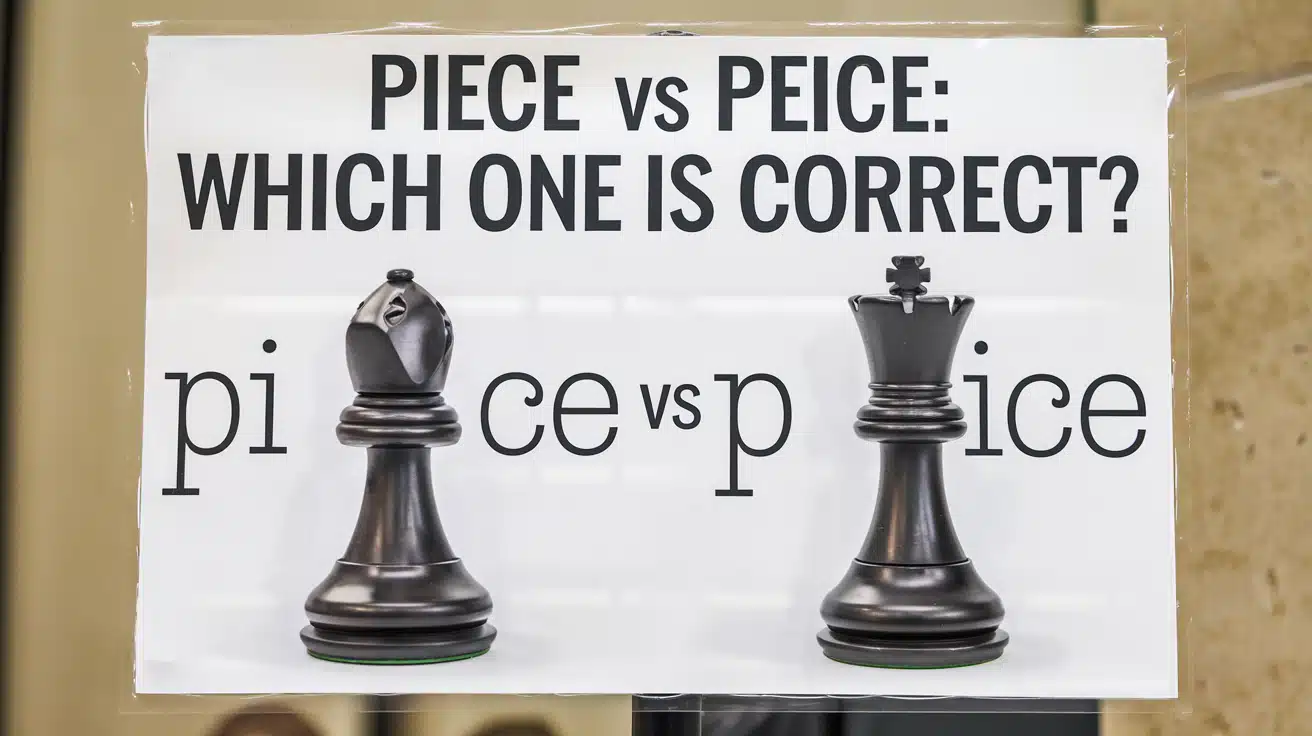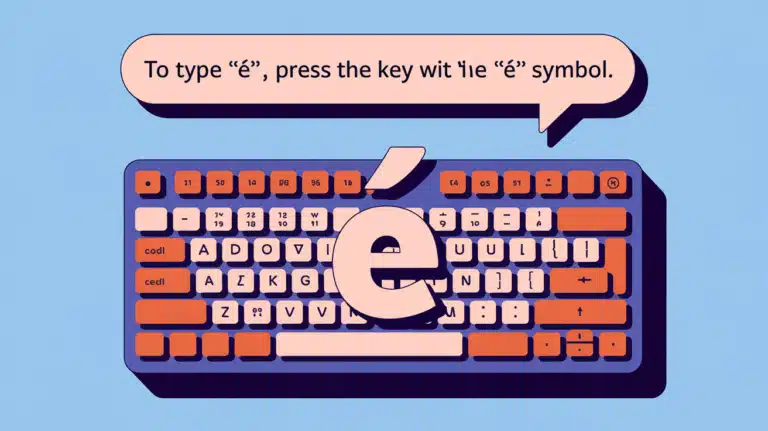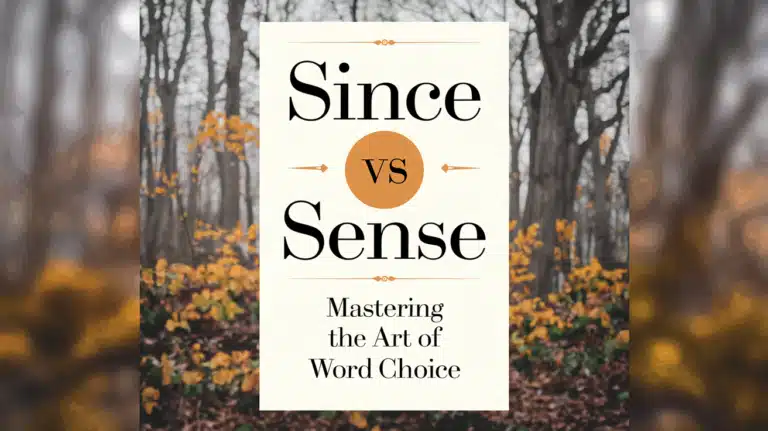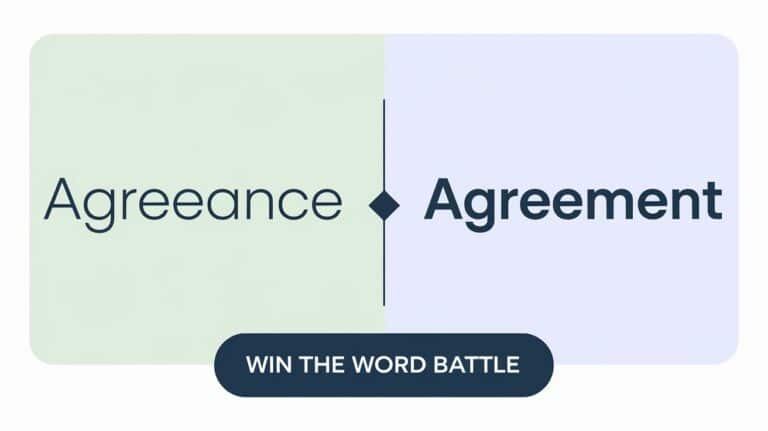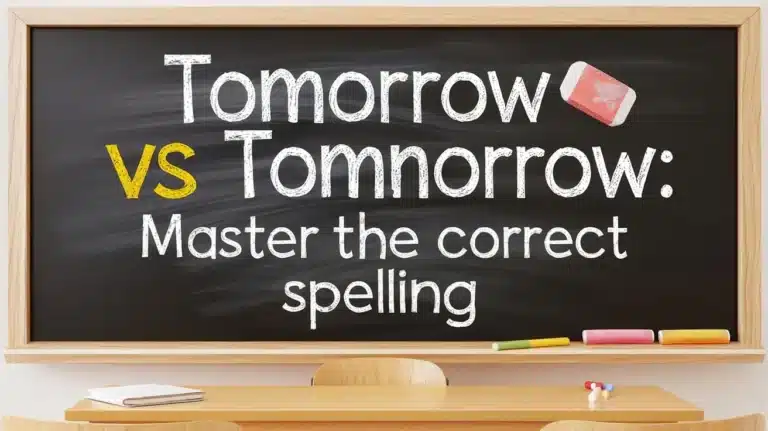Piece vs Peice: How to spell it?
Ever found yourself second-guessing whether it’s “piece” or “peice”? You’re not alone. This common spelling conundrum trips up even the most seasoned writers. Let’s dive into the world of these tricky words and put this puzzle to rest once and for all.
The Spelling Puzzle: Piece or Peice?
It’s a tale as old as time – or at least as old as the English language. The correct spelling of piece often eludes us, leading to the peice misspelling that’s spread far and wide. But why does this happen, and how can we put an end to this spelling confusion?
The Correct Spelling: Piece
Let’s cut to the chase – “piece” is the correct spelling. This word, meaning a part or portion of a whole, has been a staple of English for centuries. But its journey to our modern lexicon is quite fascinating.
Etymology and Linguistic Journey
The word “piece” traces its roots back to the Old French “pece,” which itself came from the Vulgar Latin “pettia.” Here’s a quick look at its evolution:
- Vulgar Latin: pettia
- Old French: pece
- Middle English: pece
- Modern English: piece
This linguistic journey helps explain why the spelling can be tricky. The “ie” combination isn’t phonetically intuitive for English speakers.
Definition and Various Uses
“Piece” is a versatile word with multiple meanings:
- A part of a whole (e.g., “a piece of cake”)
- An item (e.g., “a piece of furniture”)
- A coin (e.g., “a five-cent piece”)
- A work of art or music (e.g., “a beautiful piece of music”)
“All the pieces matter.” – Lester Freamon, The Wire
This quote beautifully encapsulates how each “piece” contributes to a larger whole, whether in life or in spelling!
Why “Peice” is a Misspelling
Now that we’ve established the correct spelling, let’s explore why “peice” is such a common error.
Origins of the Error
The peice common error often stems from the confusing nature of English spelling rules. The “i before e” rule doesn’t apply here, leading many astray.
Read More About : Receive or Recieve: Mastering the Correct Spelling and Usage
The “I before E” Rule and Its Relevance
You might remember the old rhyme: “I before E, except after C.” But like many English “rules,” this one has more exceptions than examples. “Piece” is one of those exceptions, along with words like “weird,” “seize,” and “caffeine.”
Here’s a quick comparison:
| Rule Follows | Exceptions |
|---|---|
| receive | piece |
| deceive | weird |
| achieve | seize |
| believe | caffeine |
As you can see, “piece” keeps some interesting company in the exception category!
Piece by Piece: Breaking Down the Word
Let’s dissect “piece” to understand it better:
- Pronunciation: /piːs/
- Syllables: One (piece)
- Related words: piecemeal, pieced, piecework
Compound words featuring “piece” include:
- Masterpiece
- Piecework
- Peacepiece (a musical term)
Mnemonic Devices and Memory Tricks
Struggling to remember the correct spelling? Try these tricks:
- “A piece of pie is so delicious!” (Note the “pie” in “piece”)
- Visualize a jigsaw puzzle piece with “ie” written on it
- Remember: “Piece has two eyes (i’s) to see with!”
“Piece” in Popular Culture
“Piece” has made its mark in our cultural lexicon:
- “Peace by piece” – A common play on words
- “Piece of cake” – Meaning something is easy
- “Piece of my heart” – A famous song by Janis Joplin
These cultural references can help cement the correct spelling in your mind.
Digital Age and Spelling
In our tech-savvy world, the piece spelling mistake still persists. While autocorrect can catch “peice,” it’s not foolproof. Always double-check your spelling, especially in professional communications.
Mastering “Piece”: Practice Makes Perfect
Ready to conquer this spelling challenge? Try these exercises:
- Write five sentences using “piece” in different contexts
- Create a short story incorporating as many “piece” idioms as possible
- Play word association games with “piece” and its synonyms
The Psychology of Spelling Errors
Why do we make spelling mistakes? It’s not just about memorization. Factors like visual memory, phonological awareness, and even stress can impact our spelling accuracy. Understanding these cognitive processes can help us develop better strategies for accurate spelling.
Beyond English: “Piece” in Other Languages
“Piece” has counterparts in many languages:
- French: pièce
- Spanish: pieza
- German: Stück
- Italian: pezzo
Interestingly, some languages use words that sound similar to “piece” but have different meanings. In French, “pisse” (pronounced similarly to “piece”) means “urine” – a potential source of embarrassing mistranslations!
Conclusion: Putting the Pieces Together
Mastering the spelling of “piece” is more than just memorization – it’s about understanding its origins, uses, and cultural significance. By exploring the usage of piece in various contexts and languages, we’ve pieced together a comprehensive guide to this tricky word.
Remember, everyone makes spelling mistakes sometimes. The key is to learn from them and keep improving. So the next time you’re tempted to write “peice,” take a deep breath, remember our tips, and confidently write “piece” instead.
After all, mastering English spelling is a bit like putting together a jigsaw puzzle – it takes time, patience, and practice. But with each correctly spelled “piece,” you’re one step closer to the full picture of language mastery.
Keep practicing, and soon you’ll be spelling “piece” perfectly, every single time!
FAQ:
Q: What’s the difference between “piece” and “peace”?
A: While they sound the same, “piece” refers to a part of something, while “peace” means tranquility or the absence of war.
Q: How do I make “piece” plural?
A: Simply add an “s” – pieces.
Q: Are there any uncommon uses of “piece”?
A: In chess, the term “piece” refers specifically to bishops, knights, rooks, and queens, but not pawns.

